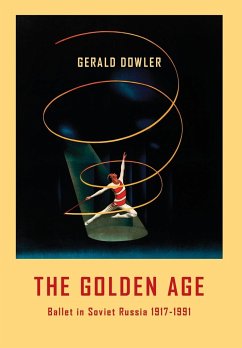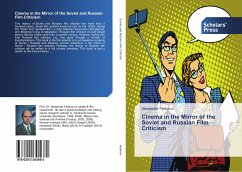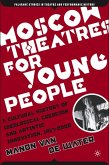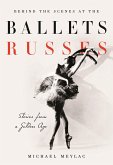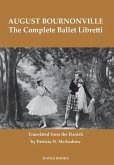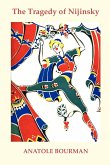However dif¿cult the Soviet era was for the peoples of Russia, its seventy-four years represented a true golden age for classical ballet. It was characterised by a wholescale repurposing of the art form from being the 'golden rattle' of the tsars to the most potent cultural weapon in the Communist regime's armoury in its struggles with the West. The Golden Age presents a detailed overview of the development of ballet in Soviet Russia, from its ¿ght for survival in the early years after the 1917 revolutions through the political demands of Stalin's rule, the shock of armed con¿ict with Germany and the onset of the Cold War. As the century progressed, Soviet ballet was not immune to outside in¿uences hastened by the onset of cultural visits and exchanges; it also suffered the defection of dancers and ultimately opened up further with perestroika in the 1980s and the fall of Communist rule in 1991. Gerald Dowler sets the complex, shifting world of Russian ballet in its political and social contexts and explores the contributions of major choreographers, dancers and teachers in creating the phenomenon of what is celebrated around the world as 'Russian ballet'. Their achievements in creating the Soviet Golden Age were truly remarkable. Gerald Dowler has written about dance for over twenty years for Dancing Times, the Financial Times, Ballet 2000, Ballet Review and numerous specialist websites, and has worked extensively with the Voices of British Ballet oral archive. He read Modern History and Modern Languages at the University of Oxford. He taught for many years at the City of London School and sits as a presiding Justice of the Peace. He was the editor of Clement Crisp Reviews (2021). He lives and works in London.
Hinweis: Dieser Artikel kann nur an eine deutsche Lieferadresse ausgeliefert werden.
Hinweis: Dieser Artikel kann nur an eine deutsche Lieferadresse ausgeliefert werden.

